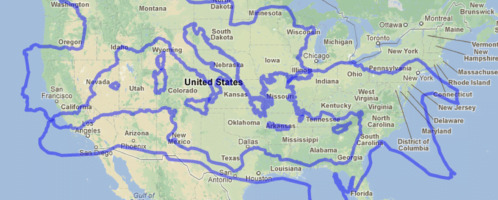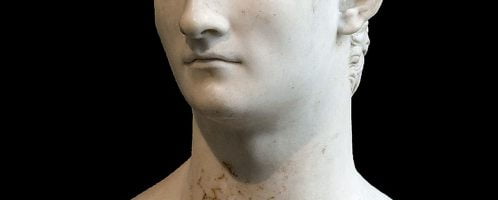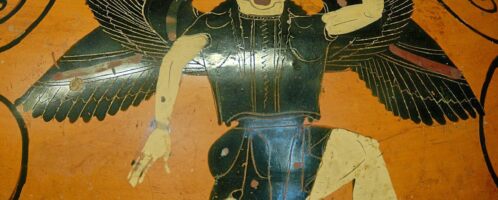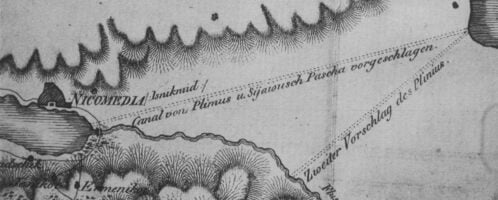Roman prisoners fighting at funeral of Crixus
When in 72 BCE the insurgent army of Spartacus’ slaves marched north through Italy, towards the Alps, the insurgent forces split up. Gauls and Germans, under the command of a certain Crixus, went ahead to plunder Apulia (eastern, central Italy) freely. However, Crixus’ army was defeated by the Roman army and he himself was killed; 20,000 insurgents were to die. It was the first major victory of the Romans in the fight against the slaves of Spartacus.










